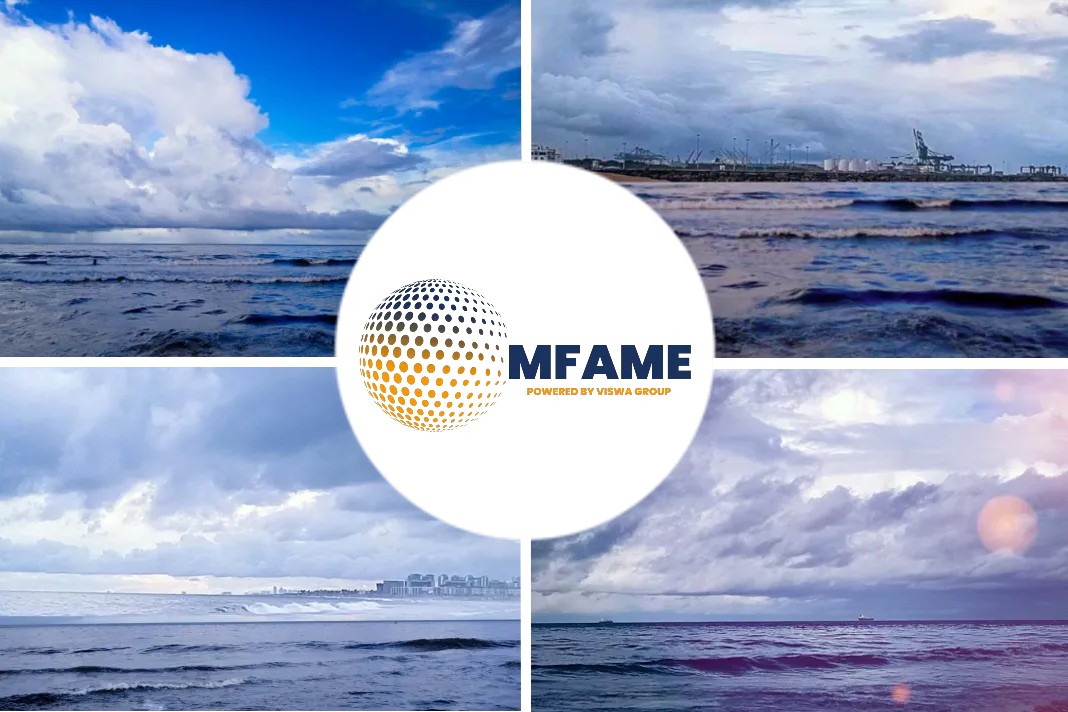
Electric trucks and ships? Metals for batteries ‘will run out by 2050’, states a Loadstar article by Charlie Bartlett.
Global reserves of copper, cobalt, manganese and nickel
Global reserves of copper, cobalt, manganese and nickel will not be enough to support the like-for-like electrification of transport, and ‘de-growth’ in capacity will be needed to meet zero-carbon commitments, says a new study.
The Locomotion project, helmed by the Group of Energy, Economy and System Dynamics of the University of Valladolid, considered electrification scenarios based on transport demand, taking into account availability of materials, potential for recycling and other factors, including widespread adoption of electric cars and e-bikes.
And the study found there would not be enough battery manufacturing materials to support either form of individualised transport, as well as mass transit and cargo.
“The de-growth scenario is the only one which achieves the objectives of decarbonisation required by global international targets and is broadly compatible with current material endowments,” said group researcher Iñigo Capellán-Pérez.
But he added that even in the de-growth scenario, the study says known reserves of the necessary raw materials are likely to run out by 2050.
“Further research is therefore needed to explore the development of a de-growth scenario in global transport, and other relevant material-intensive sectors, that is fully aligned with material resources available,” he said.
The study’s authors recommend prioritising transport sectors with the highest “bang-for-buck in terms of energy”, recommending trains, for example, over individual transport, such as electric cars or trucks.
Much better decarbonisation
Likewise, electric-powered ships could promise a much better decarbonisation return on investment than other cargo transport modes, shipping economist Martin Stopford told The Loadstar.
“In the UK, we bring in about 11,000 teu a day to Southampton and Felixstowe, which gets put on trucks and taken up north – which is ludicrous. What I’d like to see is a lot of transhipment.
“Instead of enormous containerships plodding around Europe, they would sail into Rotterdam… and networks of electrified ships distributing this cargo. These ships would be designed to make multi-porting easier, with interchangeable batteries.”
Did you subscribe to our daily Newsletter?
It’s Free! Click here to Subscribe
Source: The Loadstar
















